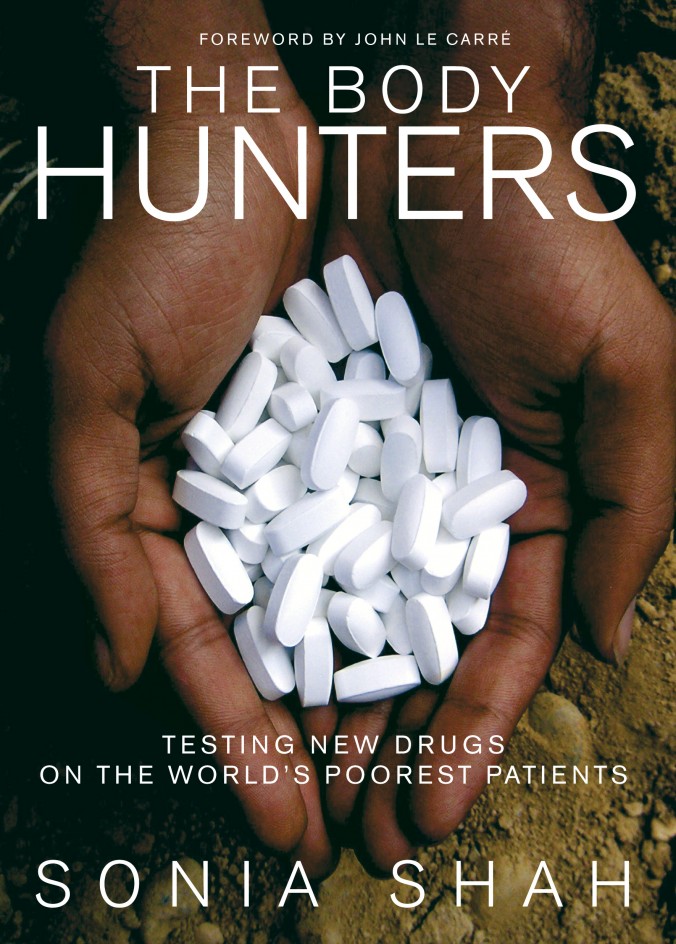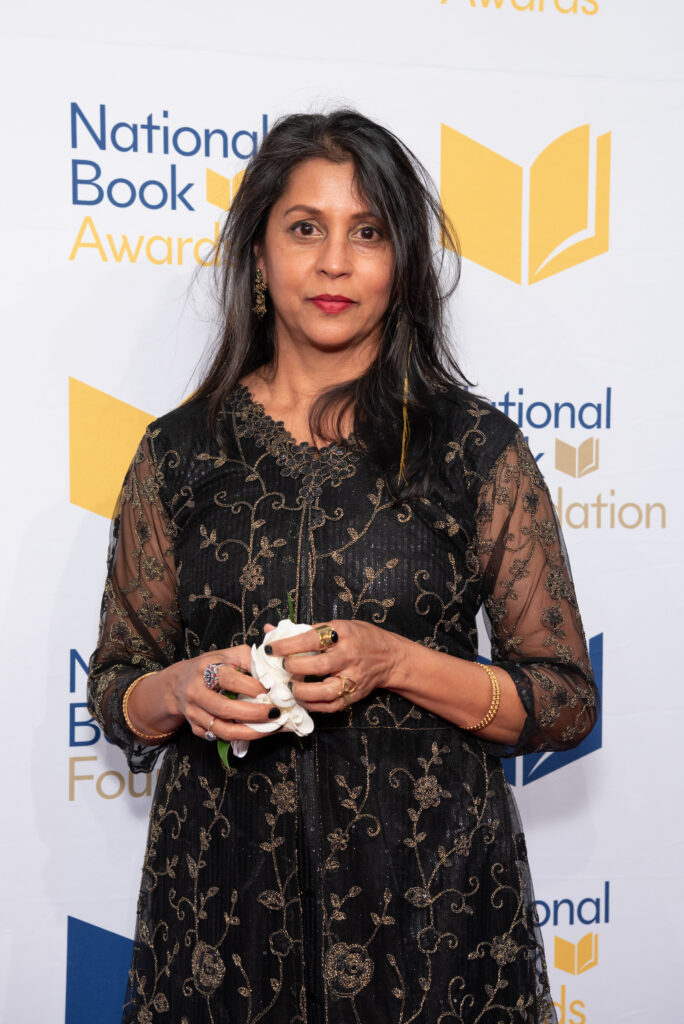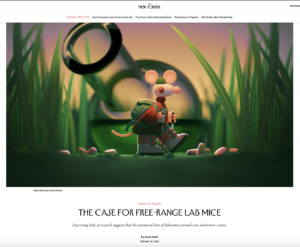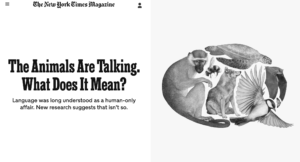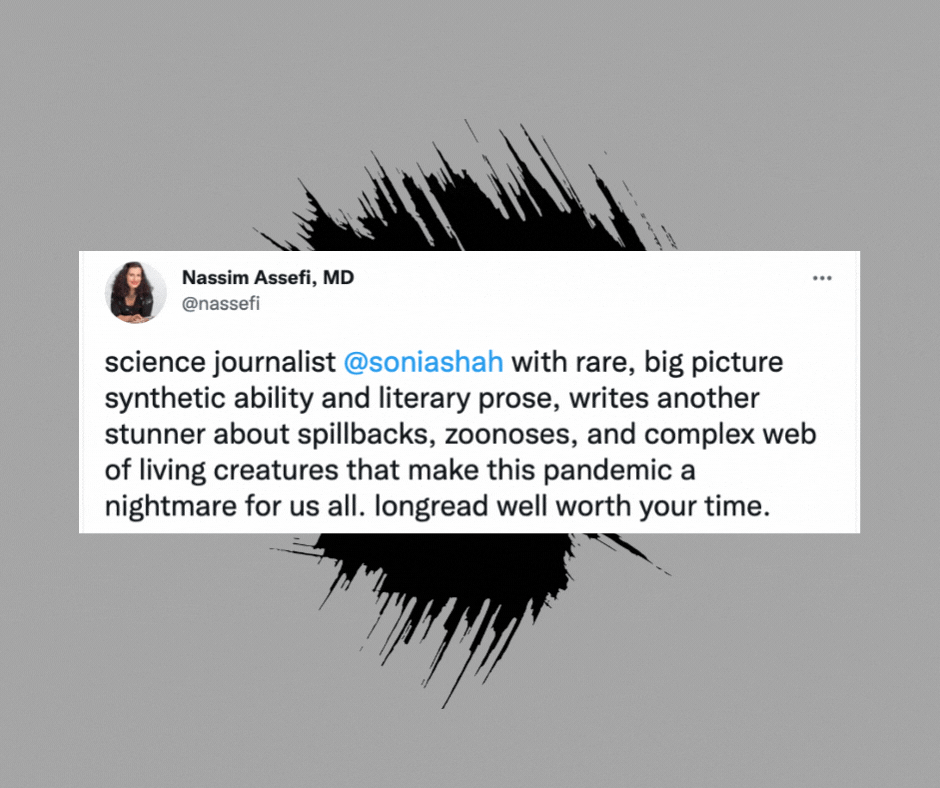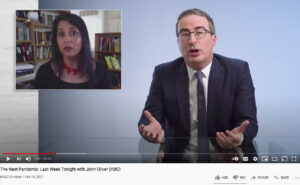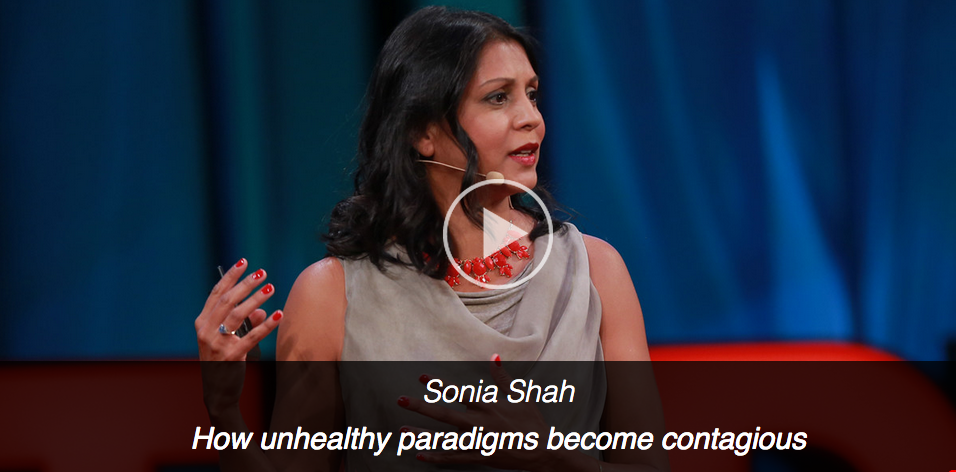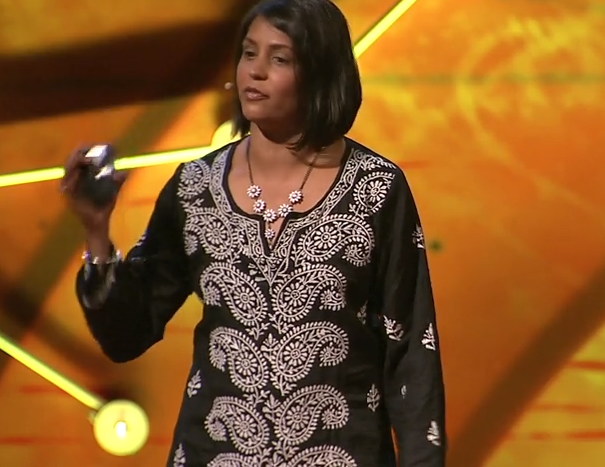Testing New Drugs on the World’s Poorest Patients
Foreword by John Le Carre
Winner, Prix Prescrire award, 2008
Library Journal‘s Best Consumer Health Books, 2006
Available in French, Spanish, Italian, German, Portuguese, Japanese, and Korean
Imagine the uproar if dozens of drug-trial patients in America were to perish from deadly side effects known to the FDA. Consider the commotion if AIDS babies in Europe were to die while being administered placebos rather than potentially life-saving drugs. These scandals did happen—just elsewhere. In The Body Hunters, investigative journalist Sonia Shah describes drug trials in places like India and Zambia that would have occasioned outrage if conducted in the developed world.
The Body Hunters describes how the multinational pharmaceutical industry, in its quest to develop lucrative new drugs, has begun quietly exporting its clinical research business to the developing world, where ethical oversight is minimal, and desperate patients abundant. Faced with crumbling facilities, miniscule budgets and towering health crises, developing countries often encourage these very trials, even as they cause scarce resources to be diverted from providing care toward the business of servicing drug companies.
Based on several years of original research and reporting from Africa and Asia, The Body Hunters is a damning indictment of a new realm in the exploitation of the world’s poor. Tracing the checkered history of Western medical science in poor countries, it exposes the impossible choice being faced by many patients in the developing world—be experimented upon or die for lack of medicine.
“Lucid…an engaging and valuable book. As an investigative journalist…Shah is an experienced muckracker, and if any business has muck that deserves to be raked, it is the clinical trials industry.” –The American Prospect
“Shah has produced a well researched and passionately argued analysis of an important and rapidly developing field.” –British Medical Journal
“Deftly sketch[ed]…a convincing case…This is a painstakingly researched expose; Shah is a skilful guide, presenting quite convoluted events and the science involved with a storyteller’s craft. Knowing Big Pharma’s penchant for litigation, this is a brave book and the author’s vigorous style makes it a real page-turner.”—New Internationalist,“A readable book that flows, at times, like a detective novel. Shah has a good story to tell. And like any competent journalist, she tells it well, with three-dimensional characters that stand out from the page, and a narrative style that carries her argument along at a brisk pace.” —The Lancet
“An accessible account… important…powerful…derive[d] from a rich set of sources…. It is critical that those engaged in drug development, clinical research and its oversight, research ethics, and policy know about these stories.”—New England Journal of Medicine“Devastating…This is a tough book to read, shocking, and frequently depressing. But anyone who has relied on 21st-century science to heal what ails them should take a look.”
“Investigative journalist Sonia Shah has written a lucid, well-researched work on professional and governmental corruption and mismanagement… It deserves the attention of leaders of the medical profession and policy analysts.”—JAMA: the Journal of the American Medical Association“Her terse, unsentimental reportage is admirable, and the book offers a nuanced argument that recognises the need for testing of new drugs, but denounces the double standard between rich and poor patients.”“Shah’s book is more than a work of courage: it is the calculated risk of a highly skilled investigative journalist who has marshalled her facts so thoroughly and efficiently as to be legally bulletproof. Perhaps only an investigative reporter would appreciate the depth and scope of Shah’s research, but any reader will recognize the irrefutable conclusions drawn by her journalism — which is that big pharmaceutical companies and their researchers, faced with an unwillingness on the part of educated Western subjects to allow themselves to be used as medical guinea pigs, are increasingly turning to the poor and ignorant of the Third World to test their drugs….This book deserves to be widely read and discussed. Buy a copy, read it, and then send it to your Member of Parliament.”—Edmonton Journal“Journalist Shah isn’t afraid to ask hard questions. …With references to medical experimentation’s grim history, including Nazi concentration-camp inmate “studies” and the Tuskegee syphilis study, Shah reveals how the poor, underinformed, or simply powerless have born the weight of medical advances. The story is as big as the issue is complex, and Shah’s heavily documented account endeavors to be evenhanded, given what are clearly her own feelings about the topic.”—Booklist“Shah’s ‘The Body Hunters’ draws a two-pronged conclusion about Big Pharma: that it is too aggressive about ‘body-hunting’ vulnerable patients to test some drugs—ones that can be marketed in the West—but not aggressive enough in researching and providing others, particularly those with less profit potential.”—Boston Globe“Having spent years gathering research in Africa and Asia, investigative journalist Shah…explores the ethical issues involved….she provides compelling evidence and suggests solutions that would still provide clinical data without exploiting the poor.”—Library Journal“Raises the curtain on a trend that’s harming patients and health care systems.”“A trenchant exposé…Meticulously researched and packed with documentary evidence, Shah’s tautly argued study will provoke much needed public debate about this disturbing facet of globalization.”–Publishers Weekly“Fast paced and highly readable…a good antidote to the usual historical presentation…will provoke lively discussion in any classroom.” –The American Journal of Bioethics“This book is an act of courage on the part of its author and its publishers…Using clear, accessible language and carefully annotated case histories, Sonia Shah struck a blow for all who dream of harnessing the huge power for good that is invested in the pharmaceutical industry, of seeing its products made available to those who most need them, and of curtailing the greed that drives its worst practices.”-John Le Carré, from the preface to The Body Hunters
